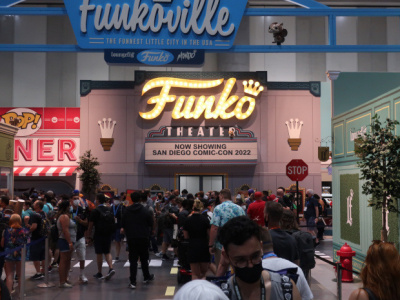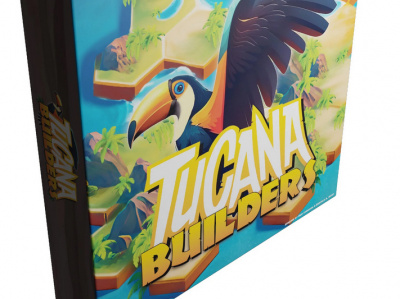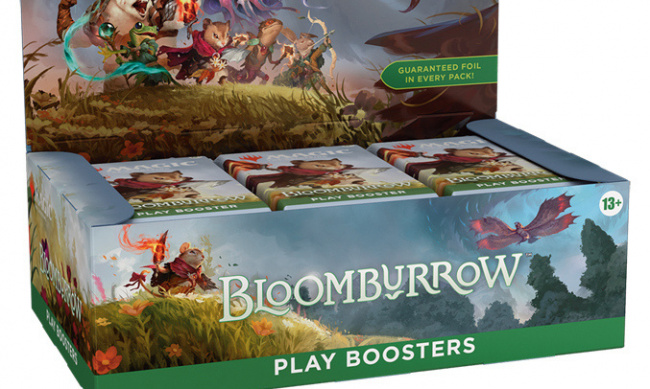Wal-Mart, the ultimate category killer, is mounting an aggressive attack on the toy business this holiday season, and the effects will be felt by every retailer active in the category. That's because not only is Wal-Mart cutting prices on high volume toys earlier and to a greater degree than in years past, other retailers are fighting back with their own price cuts and exclusive lines.
Of the Big Five toy retailers (Wal-Mart, Target, K-Mart, Toys R Us, and KB Toys), the two toy chains are the most vulnerable. On Monday, Toys R Us recently reported third quarter results worse than last year's and lower than expectations, and lowered its guidance for the year. The company also announced that it is closing two of its chains, Kids R Us and Imaginarium (182 stores in all), and three distribution centers.
KB Toys is even more vulnerable to price competition because of the high rents in its primarily mall locations.
FAO Schwartz, which recently emerged from Chapter 11, is already on the ropes, reporting lower than expected sales and endangered liquidity (see 'FAO Schwartz Feels a Chill in Sales').
Wednesday's Wall Street Journal reported on a survey of prices on the fifteen most popular toys by Banc of America Securities which found that Wal-Mart prices were 12% cheaper than those at Toys R Us and 8% less than those at Target. The article also showed via a chart how Toys R Us and Target responded to Wal-Mart's price cut on one product over the last 30 days by bringing their own prices down to within pennies of Wal-Mart's. The story also noted that some Wal-Mart retail prices were below wholesale cost, which was attributed to the use of advertising and other allowances to bring its costs below wholesale, and to a willingness to sell the most popular toys at low or negative margins to drive sales.
Of course, seeing toys at retail below wholesale cost is nothing new to pop culture retailers, who must buy from distributors that add a layer of mark-up above the wholesale cost from the manufacturer.
The growing use of exclusive products to maintain margins and drive sales for the retailer that has them can also impact heavily on other retailers. The scale of these exclusives can vary tremendously, from Wal-Mart's deal with Disney for Kim Possible products (see 'Disney Gives Wal-Mart Kim Possible Exclusive') to Mezco's exclusive Run DMC figures for Toys R Us.
Wal-Mart, which already controls over 20% of the toy business in the U.S. (see 'Wal-Mart's Influence Grows'), is the beneficiary of the exclusive wars as well as price competition, so it's likely that the world's largest retailer is going to put some serious hurt on its toy competition this holiday season.
For the independent retailer, there are some areas of refuge where the big guys don't play. Import toys, high end board games like Settlers of Catan and Carcassone, and the occasional distributor exclusive (see 'Diamond's Exclusive Final Fantasy X-2 Creatures') are probably the best bets.







